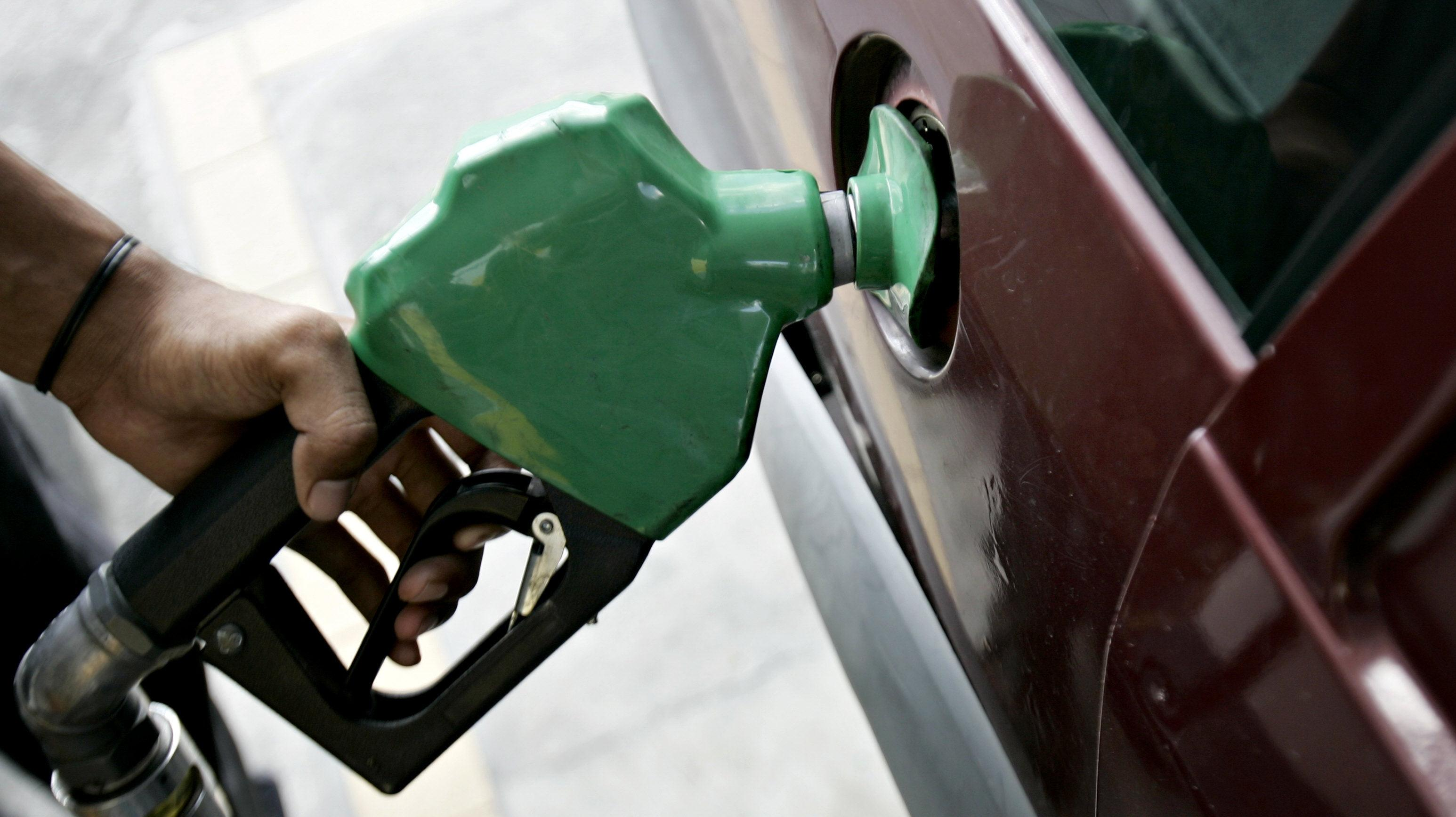Here's Why You Shouldn't Be Using 85 Octane Fuel
Let Jason Fenske from Engineering Explained walk you through the science.
Growing up, I learned that cheap is better. Sure, a nice pair of name-brand Converse might last you several years, but it costs more than the cheap pair from a store like Target. So, when I first started gassing up my own car, I used anything that was cheapest — much to the horror of the man who would become my husband. Because in America, 85 octane fuel could actually void your warranty.
I'll be honest: I was late to the octane party. I didn't understand how it worked because it was another one of those things that I was taught to do cheaply. Whatever costs the least — that's what you fill up the tank with. It wasn't until I actually started learning about cars from a more comprehensive perspective that I actually realized there was a rhyme and reason behind everything.
And that's something that Jason Fenske from Engineering Explained talks about in his new video:
In high-altitude areas, 85 octane fuel is offered because it's less likely to cause engine knock since the air is far less dense — but this specific octane is still advised against in the owner's manuals of newer vehicles (as in, basically, cars made within the last 30 years).
That's because of the construction between older and newer vehicles. Older engines had mechanical control of fuel injection and ignition timing — and that depended heavily on your manifold pressure. In higher altitudes, you're not going to get the pressure you need because the ambient pressure is low.
Newer engines, though, have electronic fuel injection and ignition timing — which enables those newer engines to compensate for any low ambient air pressure. You'll still lose power, but the engine is able to compensate for any losses. So, the problem won't be quite as obvious as it would be with a car from, say, 1962.
Putting 85 octane in your car probably won't kill your engine, but it does have the possibility to cause problems — and to void your warranty in some cases.
